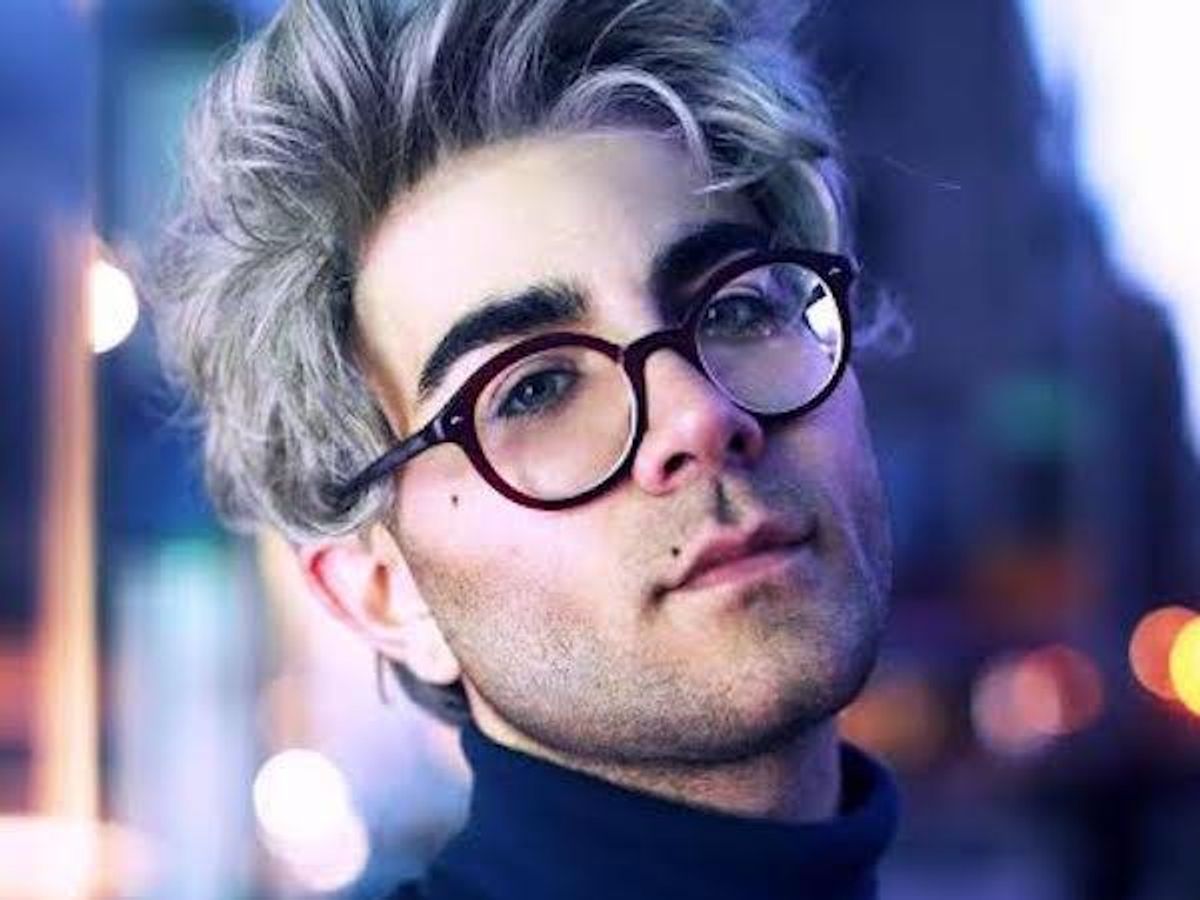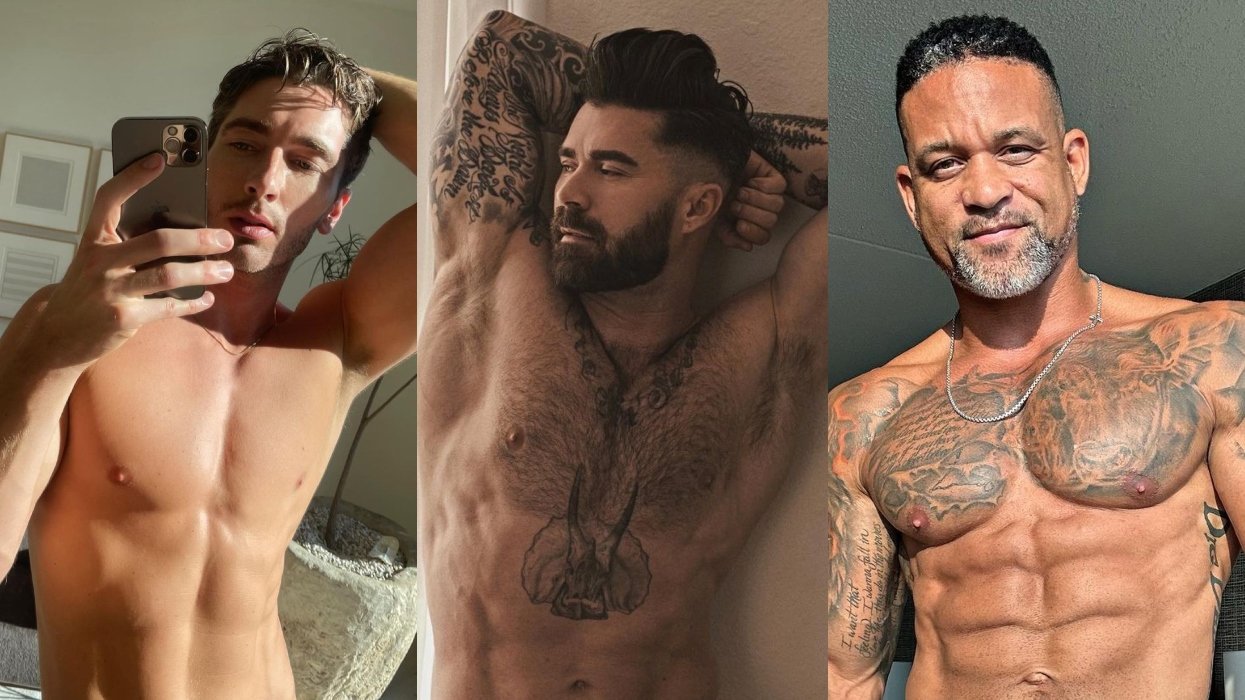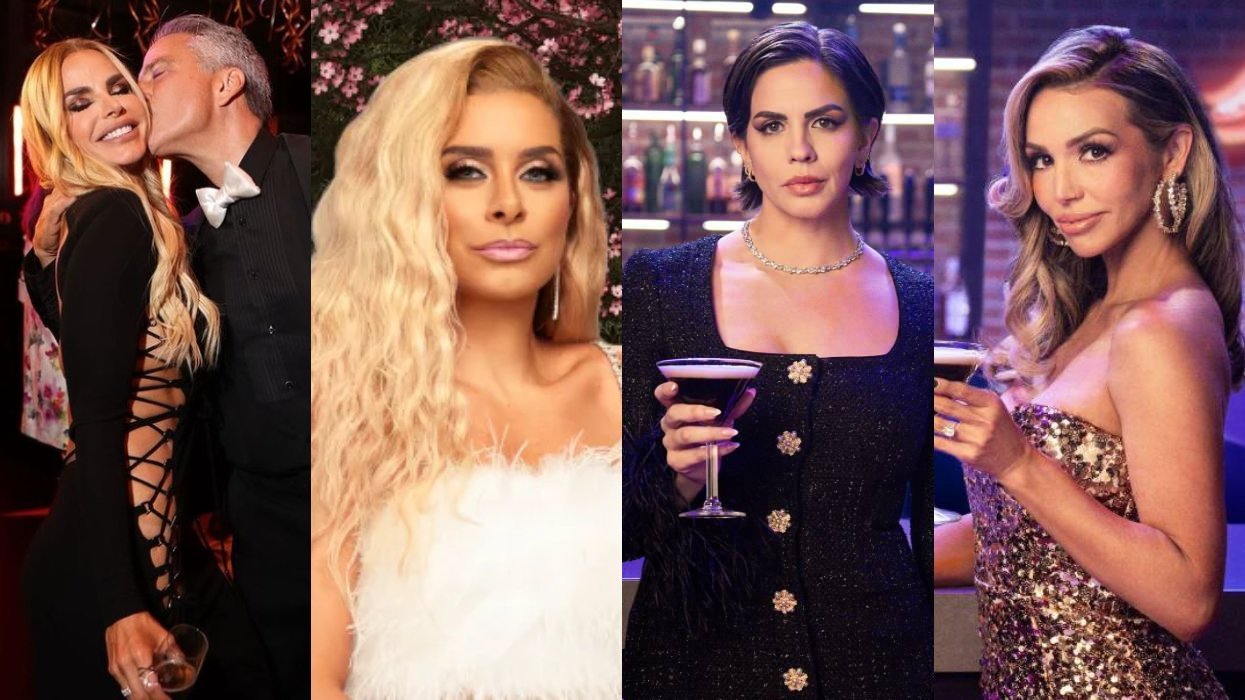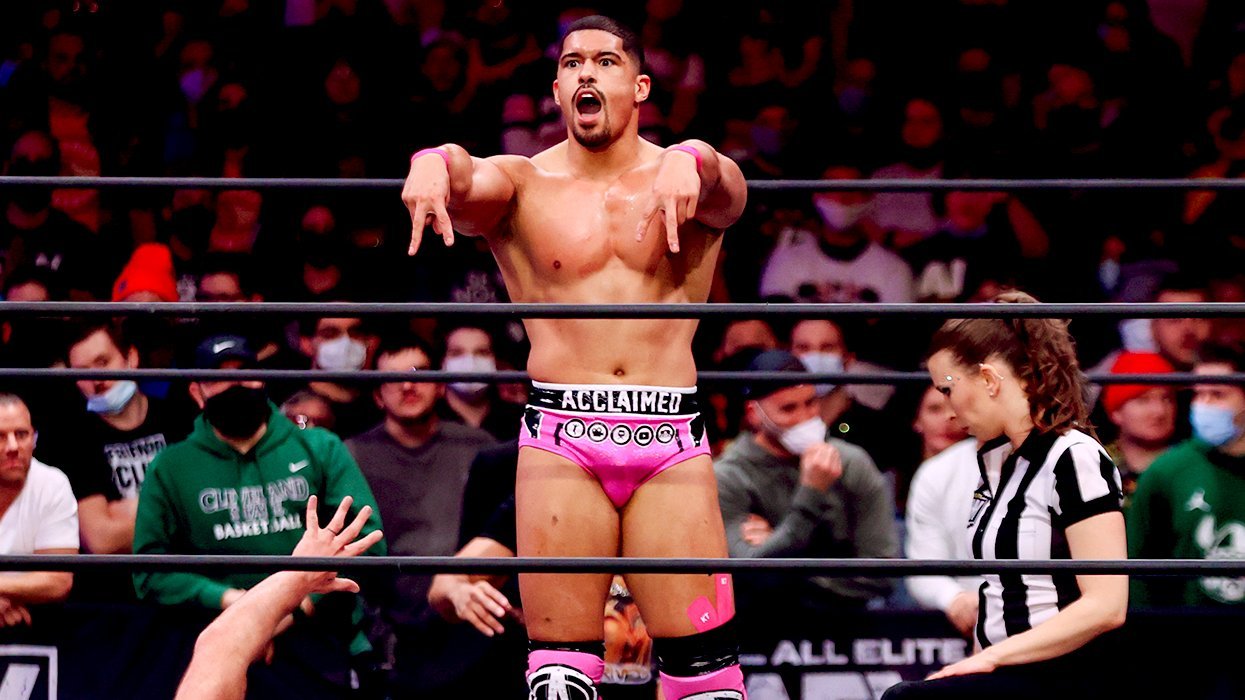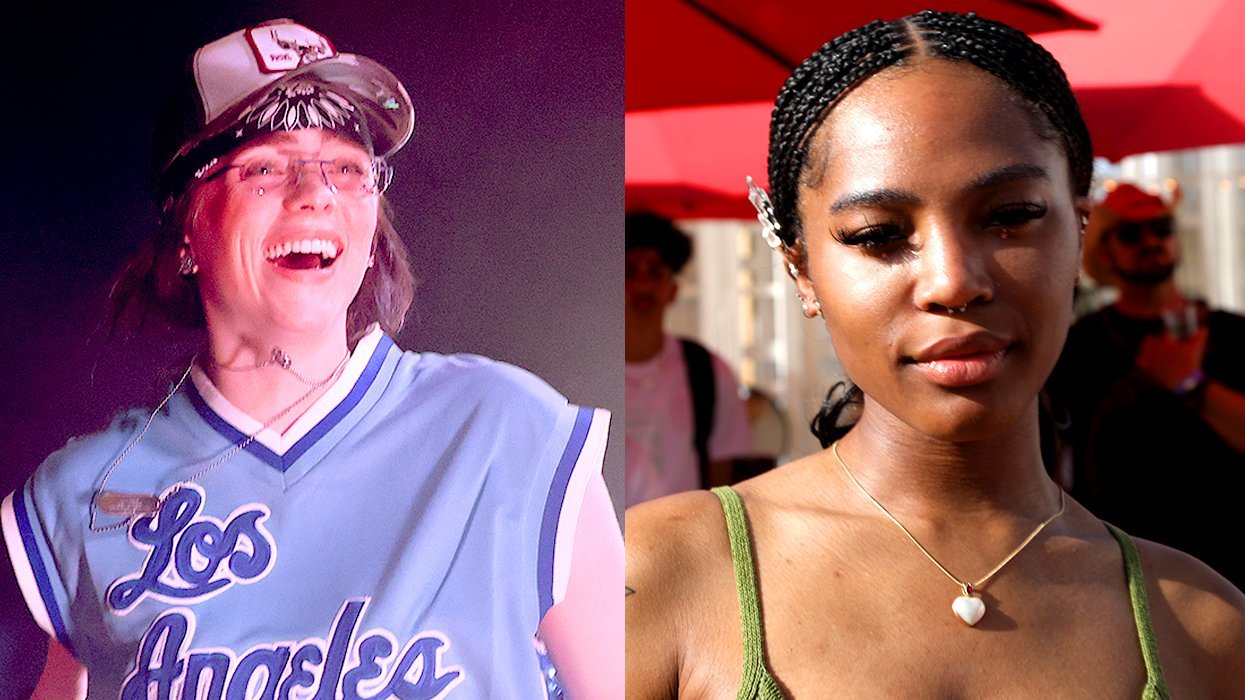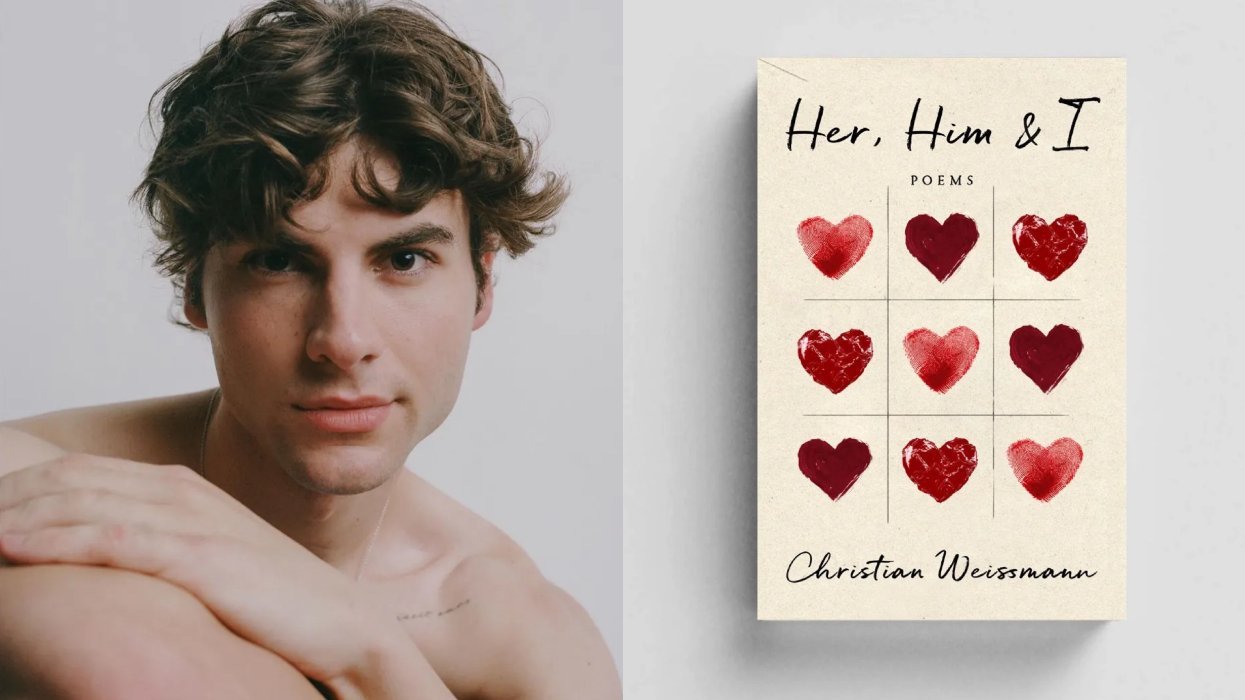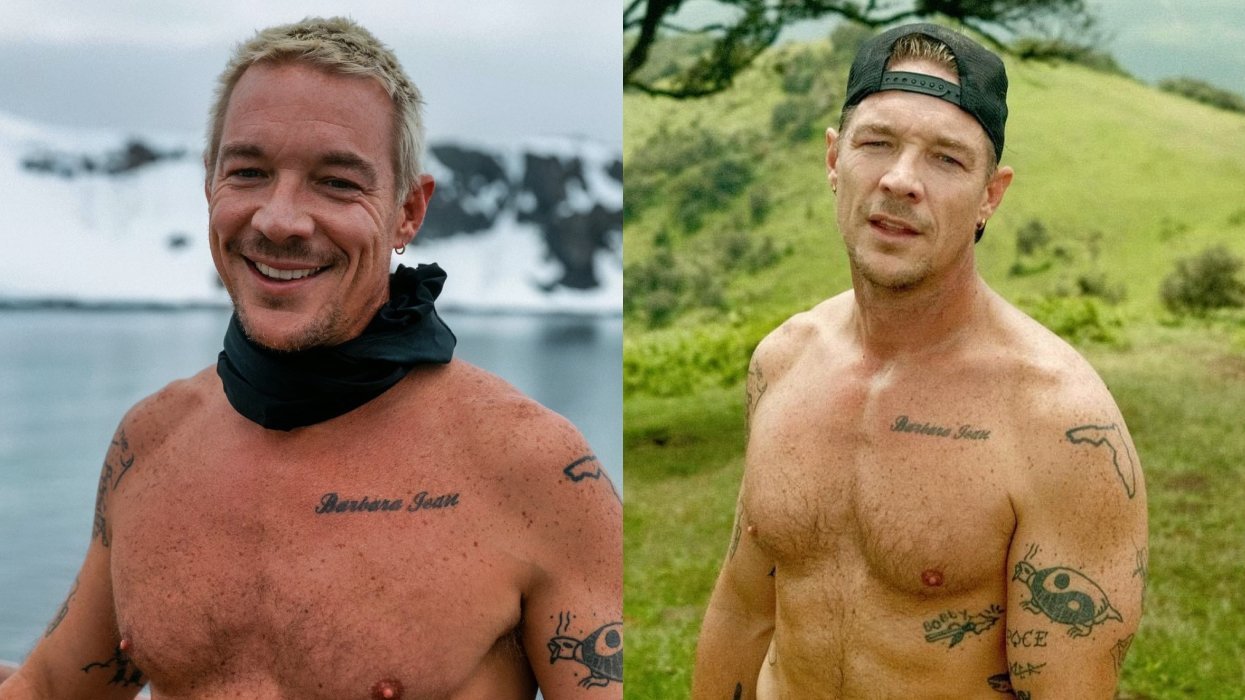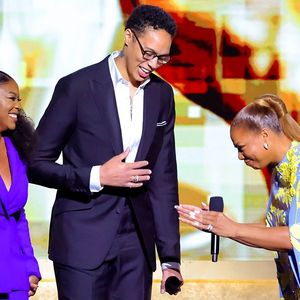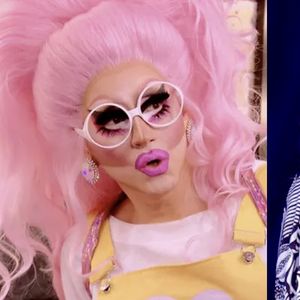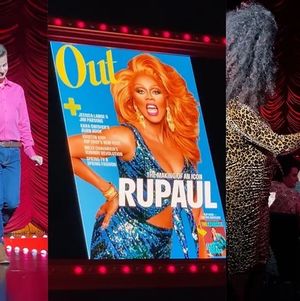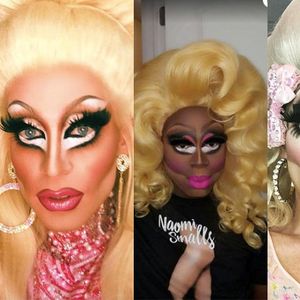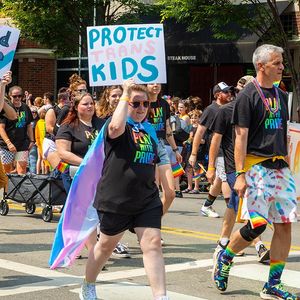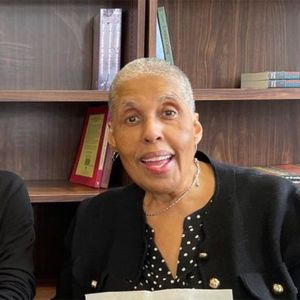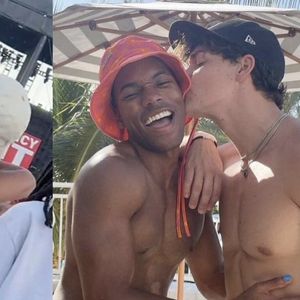RJ Hernandez is a sight to behold: dressed in 6-inch tall lace-up platforms with purple-tinged spectacles and hair dyed a silvery white, he's certainly got the look of someone with an expertise in pushing the high fashion envelope. Good thing, too--his debut novel, An Innocent Fashion, is set in a Devil Wears Prada-esque world, complete with cold-blooded editors and five thousand dollar heels.
Told from the point of view of Cuban-American, sexually fluid Yale grad Ethan St. James, the book is a haunting exploration of personal style, class divisions, and mental health saturated in the sensual imagery of New York's ritziest nightclubs and unabashed personal vanity.
Written in prose reminiscent of a more romantic time in literature, when flowery, almost extravagant language was celebrated simply for its musicality, An Innocent Fashion is already received rave reviews and is drawing comparisons to J.D. Salinger' and F. Scott Fitzgerald's early work.
The novel is a triumphant nose dive into the stormy mind of a depressive Ivy League grad with the world seemingly at his fingertips, but who ultimately feels the crushing, all-consuming loneliness unique to a broke twentysomething trying to make it in New York. It provides us a complex, interesting hero of non-normative race and sexuality without making that the point. And, ultimately, it argues and concludes that having a sense of style does not a vapid airhead make.
An Innocent Fashion is a gripping journey through the halls of high fashion told through a voice seldom used on today's shelves: that of great American Classics. It's available on shelves July 5 and available for pre-order on Amazon.
We caught up with Hernandez to discuss the themes of style, race, and class that have not only informed his novel, but also his life.
Out: What drew you to writing about the fashion world?
RJ: I do take beauty very seriously. Being the kind of person who cares about appearances, you're put into this category that is often true--lots of people who care about appearances are superficial, two dimensional people. And that's reality. Or there are people who are just more interested in the sensual world than other people, and derive a lot of pleasure from not merely going about life as a robot but truly looking. As someone who just likes to look at new things, and find new places for my eye to wander, I take issue with the idea that that makes me superficial. I think a person who dresses well and has a sense of style is proposing ideas through the visual medium of their body. To wear something that is truly stylish is to propose an idea to the world that's interesting. And maybe not necessarily beautiful in an obvious way.
One of the best parts of the novel is it's prose--the flowery, complex sentences through which it's told.
Hernandez: It's on an unusual spot on the spectrum of commercial to literary. But I think this book has a strong commercial allure, in this high fashion world, but is told in a way for a person who just appreciates words and wants to get lost in the language. It's not what you say, it's how you say a thing. The style is as important as the product.
St. James is a character who deals with a complicated intersection of sexual, racial, and economic class divisions over the course of the book. Were you writing from personal experience as you created him?
Hernandez: I wrote the book mostly as a form of therapy for myself. So it started out as very personal, very close to what it was that I was going through. When I started flushing it out into a fiction, I needed to create some distance between myself and the character, between my world and the character's world. A big takeaway is class as the ultimate divider of humans. How people of different classes could be friends in a space like college, but simply couldn't outside of it. And that's a problem that Ethan immediately faces upon graduation, that his best friends in this space, Yale, simply cannot be his friends in the same way, because the world doesn't operate on the same terms.
Specifically racially, did you find a parallel struggle between yourself and Ethan?
Hernandez: Ethan definitely associates that sense of stagnancy in his childhood with his racial identity. The American dream is always aligned with images of whiteness. The first thing someone does when trying to be a thing is to look like a thing. And so there's this "fake it 'til you make it" idea, but more profound. He changes his name, and it's like trying to change his skin, basically.
A major theme in the novel is the notion of pretending to be something by imitating its appearance.
Hernandez: Growing up I didn't have the idea that I could still be myself and identify with my racial background and heritage, and have that be compatible with this aspirational version of myself. A somebody couldn't be a person of color.
Do you still feel that way? The more Cuban you are the less advantages you have?
I think everybody's background does have a huge impact on how far they are able to go in life. Somebody born with huge potential and advantages will be able to go really far. Whereas somebody colored born with the same potential will have to work twice as hard to get a fraction of where another person will. Seeing other people get where you want to be who don't have the passion of conviction about certain ideas but can get there because...
They're white. Or they're rich.
Because of factors out of your control.
But you have come from a lot of disadvantage. You're still here. You're being published by Harper Collins. Did you feel like you worked five times as hard as any white author would have had to?
I feel like all my life I've had ideas that I'm only now realizing. I've had books and ideas in me for years. Part of wanting to do anything in the world has to do with not having. Lack of something is the greatest motivator. In my case not having certain opportunities made me want to get them.
While the book focuses on a sexually fluid character, it's not being marketed as a "gay" book. What's been your experience with sexuality, and writing about a sexually ambiguous character?
Hernandez: Most of my relationships are gay, but I'd like to think of myself as emotionally and sexually capable of loving anybody. I'd like to think I'm the kind of person who can appreciate someone for more than being a man or woman. The idea that people who don't identify with queer could pick up this book, that it's being marketed as just a work of literature, is important. We should be allowed to and encouraged to tell stories, not because we need to tell specifically gay stories. I think there's a place for that, but any straight-identifying person should be able to read a story with gay characters, the way a gay person can appreciate a story with straight characters.
